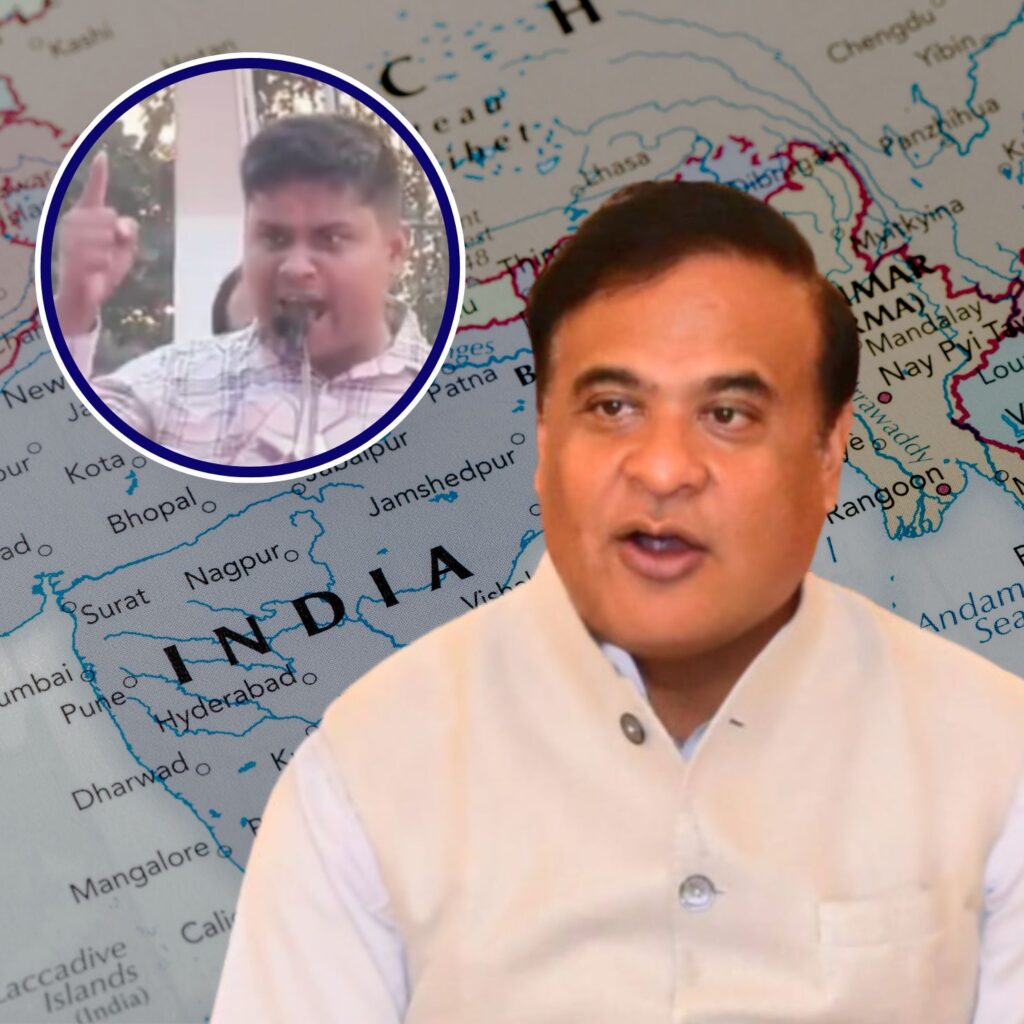Even after growing criticism over his racist remarks, President Trump on Wednesday, justified referring novel coronavirus as the “Chinese Virus”.
“It’s not racist at all,” Trump said, defending his rationale by saying that “it comes from China, that’s why.” This term has triggered a massive row and angered Chinese officials who claim that labelling the virus will only increase tensions between the two nations and give space to the xenophobia that Americans should denounce.
Asian-Americans have reported multiple incidents of racial slurs and abuse, both verbal and physical, as the virus first surfaced in China. The Chinese government has claimed that the term fuels a narrative about a larger American hatred and fear of being from China.
At the White House briefing, the US President said that he was attaching “China” to the name of the virus to fight misleading information spread by Beijing officials that the American army was the source of the pandemic outbreak.
“I didn’t appreciate the fact that China was saying that our military gave it to them,” Trump said. “I think saying that our military gave it to them creates a stigma.”
In the US president’s notes, “Corona” had been crossed out and replaced with the racist word “Chinese.” The edit was seen and caught in photos taken by The Washington Post. This pointed at Trump’s deliberate attempt to call the novel virus by a name that can increase discrimination and racism toward Asian Americans.
The racist slur used by Trump could fuel the ongoing racist ideas amid the outbreak of a dangerous pandemic.
On Wednesday, Trump specifically referred to the “Chinese Virus” and simply stated that the illness was first detected in China.
I will be having a news conference today to discuss very important news from the FDA concerning the Chinese Virus!
Public health officials have tried not to use terms that might encourage discriminatory differences and have put more stringent guidelines in place for naming the viruses in 2015.
However, after the briefing, the White House lashed out at the media for their “fake outrage,” highlighting how other illnesses in the past were named after places, including the Ebola and the West Nile virus.
Spanish Flu. West Nile Virus. Zika. Ebola. All named for places.Before the media’s fake outrage, even CNN called it “Chinese Coronavirus.”Those trying to divide us must stop rooting for America to fail and give Americans real info they need to get through the crisis.
When the deadly pandemic broke out, the terms “Chinese coronavirus” and “Wuhan coronavirus” surfaced on social media. What followed was Asians being targeted worldwide on the basis of their race.
On February 1, a man in Los Angeles went on to claim how Chinese people are “disgusting”. The very next day, an Asian woman in New York, wearing a face mask was harassed by a man who labelled her “diseased”.
After multiple instances, the World Health Organisation urged people to call the disease by its scientific name, COVID-19.
Stigma can drive people away from seeking help by getting screened, tested and quarantinedhttps://t.co/yShiCMfYF3#COVID19#coronavirushttps://t.co/Lj5GWqXbKx
Trump also received flak when he first used the term “Chinese Virus” in a tweet. He was accused of shifting focus away from his administration’s inabilities to contain the outbreak.
Also Read:Good News! China Reports No New Domestic Cases Of Coronavirus For First Time Since Outbreak











